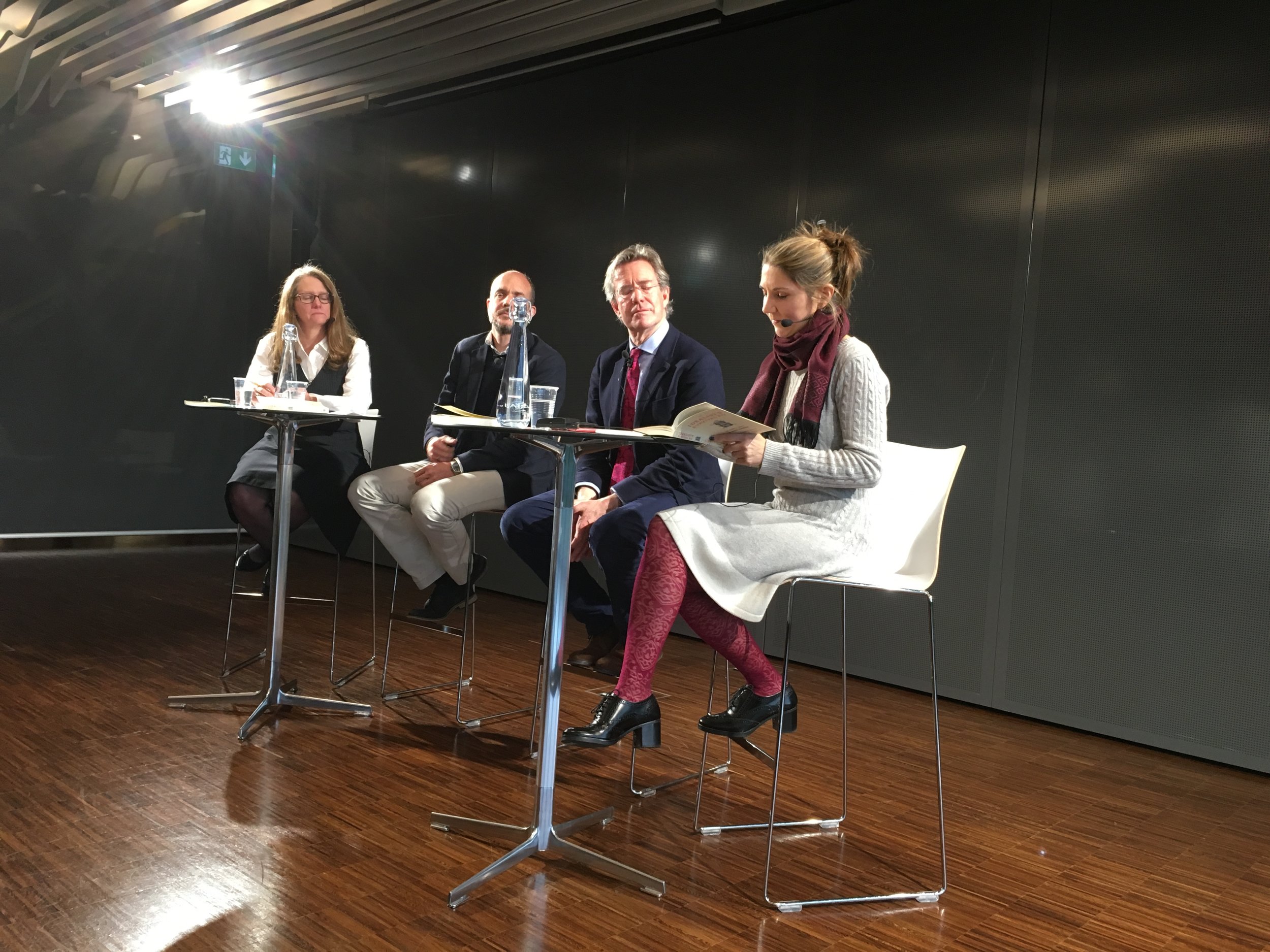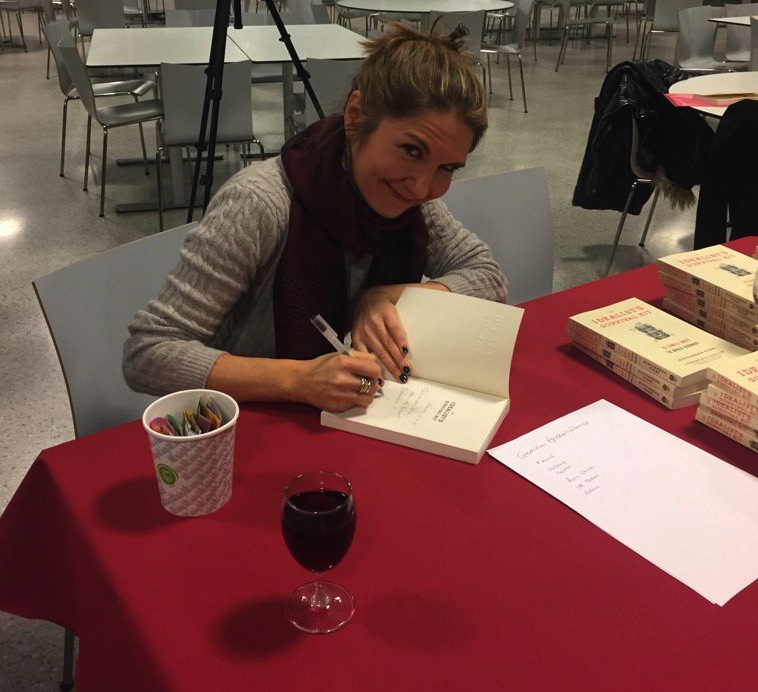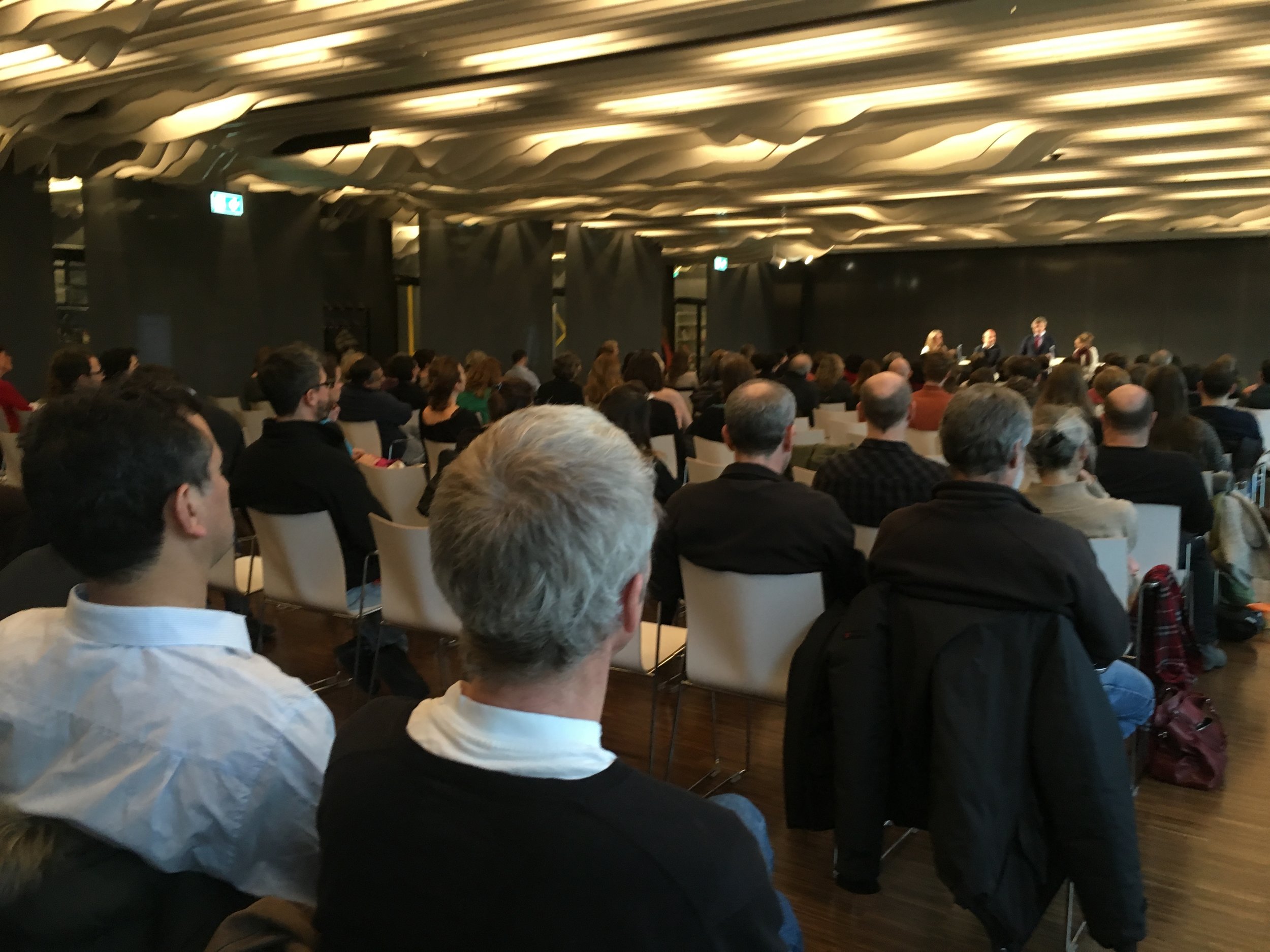The Idealist's Survival Kit. 75 Simple Ways to Avoid Burnout
From the foreword by Hugo Slim, Head Of Policy, International Committee of the Red Cross
"The brief chapters, or reflections, in this book are like the famous mezze from the kitchens of the Middle East, the part of the world in which this book was born. Dipping into each new reflection, you will savor a particular, delicious piece of wisdom. At the end of it all, you will have eaten a feast that will help you, as an activist and humanitarian worker, to live your own life better and to be more useful to those around you."
"You are about to read a wonderful, beautiful, healing book. Luckily for you, the way the book is written means that you may not read it all at once but rather can read each small chapter one at a time, cherishing this book bit by bit, reading it over and over again. It may well last you a lifetime. The brief chapters, or reflections, in this book are like the famous mezze from the kitchens of the Middle East, the part of the world in which this book was born. Dipping into each new reflection, you will savor a particular, delicious piece of wisdom. At the end of it all, you will have eaten a feast that will help you, as an activist and humanitarian worker, to live your own life better and to be more useful to those around you.
Alessandra’s book is a work of contemplation. Her chapters are like the beads of a mishbaha or rosary. Holding each chapter in mind as you read it will help you to remember yourself and the things that are important in this life. In many ways, this book is one big reminder.
Alessandra speaks to us in a kind, simple voice that will be deeply refreshing to people who are living through our bureaucratized era of humanitarian action. There is no jargon in this book; its pages are full of stories, poems, and wise words. Alessandra writes as one of us and boasts no special expertise. She is truly herself and hopes that we too will become our true selves, rather than let our way of working and the damaging cultures of our organizations distort us. More than suggesting this, Alessandra actually takes us, in the gradual movement of each reflection, toward a way of being which offers us the means to stay healthy in this work or leave it well.
This book’s appearance is perfectly timed. It comes at a moment when many humanitarian workers are admitting that the sector is too often marked by a dysfunctional culture—one in which people get more burned out from the bad habits of their organizations than from the suffering they see in the wars and disasters in which they work. This has to stop. Alessandra makes clear that we need to treat ourselves humanely, just as we declare our main aim is to show humanity to others.
Alessandra’s work has always been as much about “helping the helpers” as about helping people directly hurt by armed conflict and disasters. In these pages you will find the gold from all her years of sifting patiently through people’s experience. Her message is simple: choose life, and be realistic about it. For it is only by being realistic that activists and humanitarian workers will avoid the inevitable disenchantment of idealism and find a good, healthy way to be close to the suffering of this world. And it is only by creating respectful and creative work cultures that we will avoid burnout.
At the heart of Alessandra’s message to each of us is the idea that the challenge lies within, so it is within that we must change. As she reminds us, this should not be too difficult, because burnout is not a mental health condition—it is situational and attitudinal, and usually we can change these things fairly easily.
When I set off for my first humanitarian operation on the Sudanese border with Ethiopia in 1985, I took my sister’s old Sony Walkman with me. A Walkman was considered amazing technology back then, and I chose four tapes to take along with me: Mozart, Schubert, Brahms, and, because I am rather British, Elgar too. In the evenings and on my days off, I would listen to these in my tukul, the traditional Sudanese hut, or down by the river. I also read many novels in those days and maintained a prayer life, too, because I am religious. Alongside these more contemplative efforts, I also tried to develop heartfelt relationships with people I met so as always to remain more human than humanitarian.
All of this helped to keep me from burning out and meant that I returned fairly sane and still connected with myself and with the beautiful things of life. In subsequent years, it was not always thus, and I wish now that I had been lucky enough to have Alessandra’s book beside me at those other times. But now I will—and this news should come as a great relief to my poor soul and to the people around me.
I commend this book to you most warmly. It is an honor to write its preface."
- Dr. Hugo Slim, Head of Policy, The International Committee of the Red Cross
Geneva, Switzerland, May 2016



